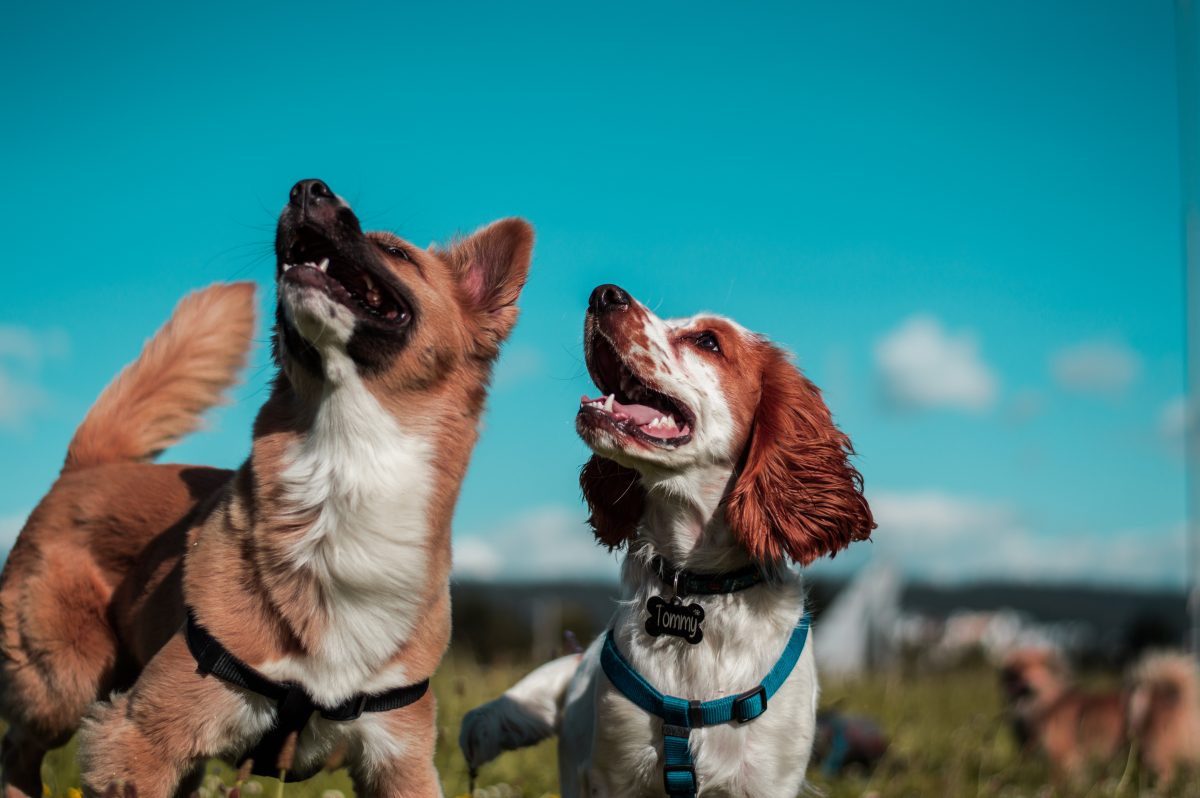The aim is that owners find “credible, accurate and useful” information. There are also data about dog breeds with a greater predisposition to the development of tumors and ways to detect them early.
Professors and researchers from the Instituto de Ciências Biomédicas Abel Salazar (ICBAS) and the Instituto de Saúde Pública da Universidade do Porto (ISPUP) launched an online platform for the owners of companion animals with cancer, which aims to provide “credible” information and characterize risk factors associated with the development of the disease.
Speaking to Lusa, Kátia Pinello, Professor at ICBAS and researcher at ISPUP, clarified that the website, entitled ‘Pet-OncoNet’, arises from the logic of the ‘One Health’ concept and the need to fill a "knowledge gap in this area”.
“We feel that tutors feel lost when dealing with the diagnosis of cancer in their animal companions”, said the researcher, who is one of the project coordinators.
Launched to provide "credible, accurate and useful" information about companion animals, the digital platform includes, for example, data on dog breeds with a greater predisposition to the development of tumors, ways to detect cancer early in pets, and also information on ongoing clinical trials and procedures to support the animal during treatment.
“Our goal is to create a community that studies and shares information about veterinary oncology in all aspects", referred.
The website shows that in Portugal, the main tumors in pets are located in the skin, followed by mammary tumors.
In addition to providing information, the platform's objective is also to characterize the risk factors associated with the development of cancer in animals and humans.
"Increasingly, animals are active members of the family. This change in attitude towards animals makes them good research models and considered 'sentinels' for cancer, since they are closer and share the same environment as humans", indicated.
In order to make it possible to proceed with the characterization of risk factors, the researchers are inviting all tutors and owners of companion animals – cats and dogs – to respond to an epidemiological inquiry, which will be available on the website until the end of October.
The results obtained in the context of the survey will later be published on the initiative's website.
The researchers also want to create a “psychological support group” to help guardians deal with animal grief, an issue that “is not yet very well accepted”.
“Animal grief has implications for public health”, he noted, adding that “it is important to know how to face animal grief”.
In order to continue the project, however, the researchers need financial help, which is why it is planned to open a crowdfunding campaign on the Pet-OncoNet website.
The site, developed in partnership with Oncowaf and financed by the Belgian fund for animals with cancer, is one of the interfaces of the network Vet-OncoNet, launched in December 2019, with the aim of gathering information on neoplasms present in companion animals and creating an animal oncological registry at national level.
With the collaboration of veterinarians and diagnostic laboratories that joined the project, researchers have been able to create an animal oncology registry. The objective now is to involve owners in this network, in order to better understand the common risk factors for development of cancer in animals and humans.
Source: CNN Portugal


